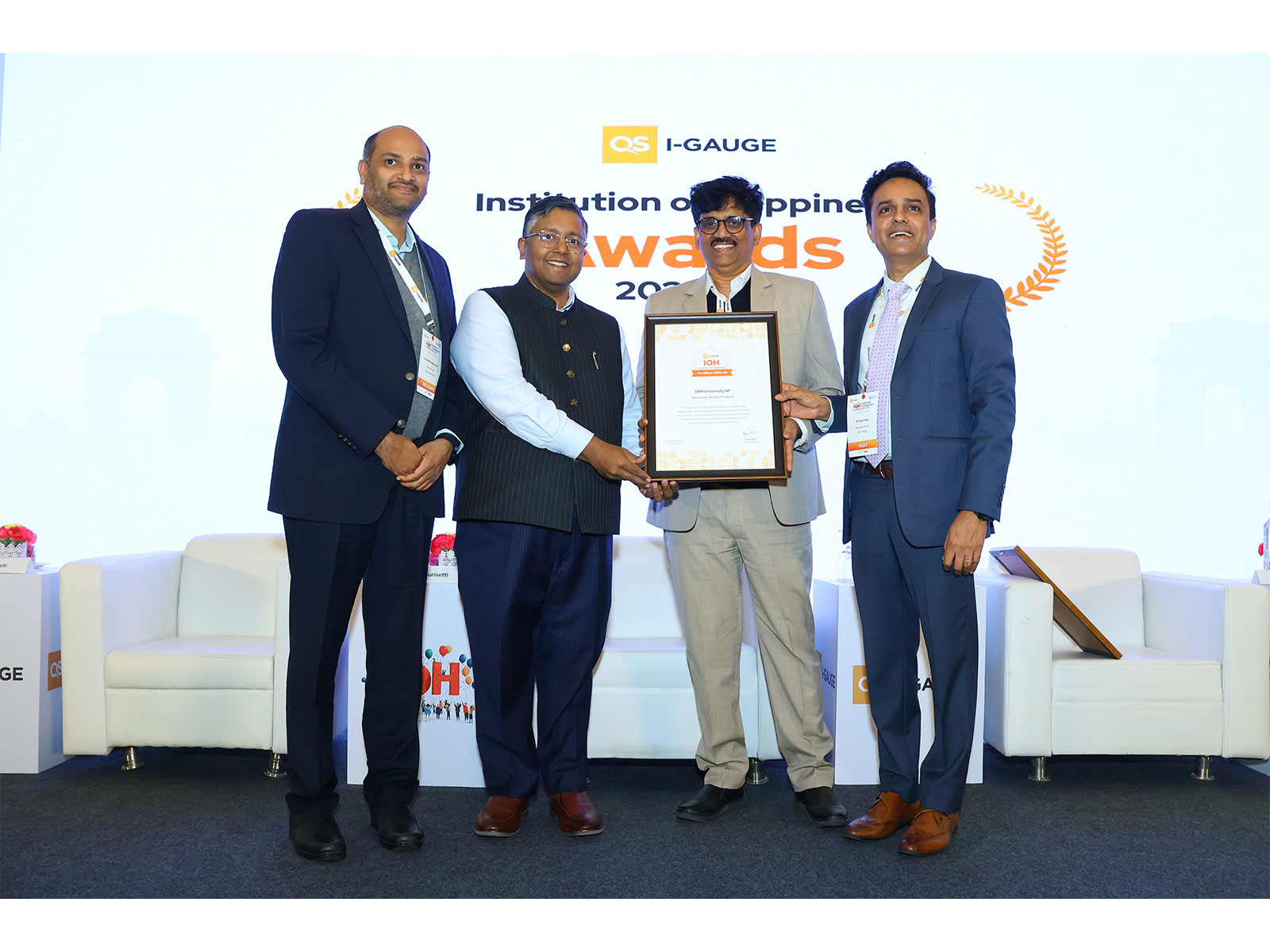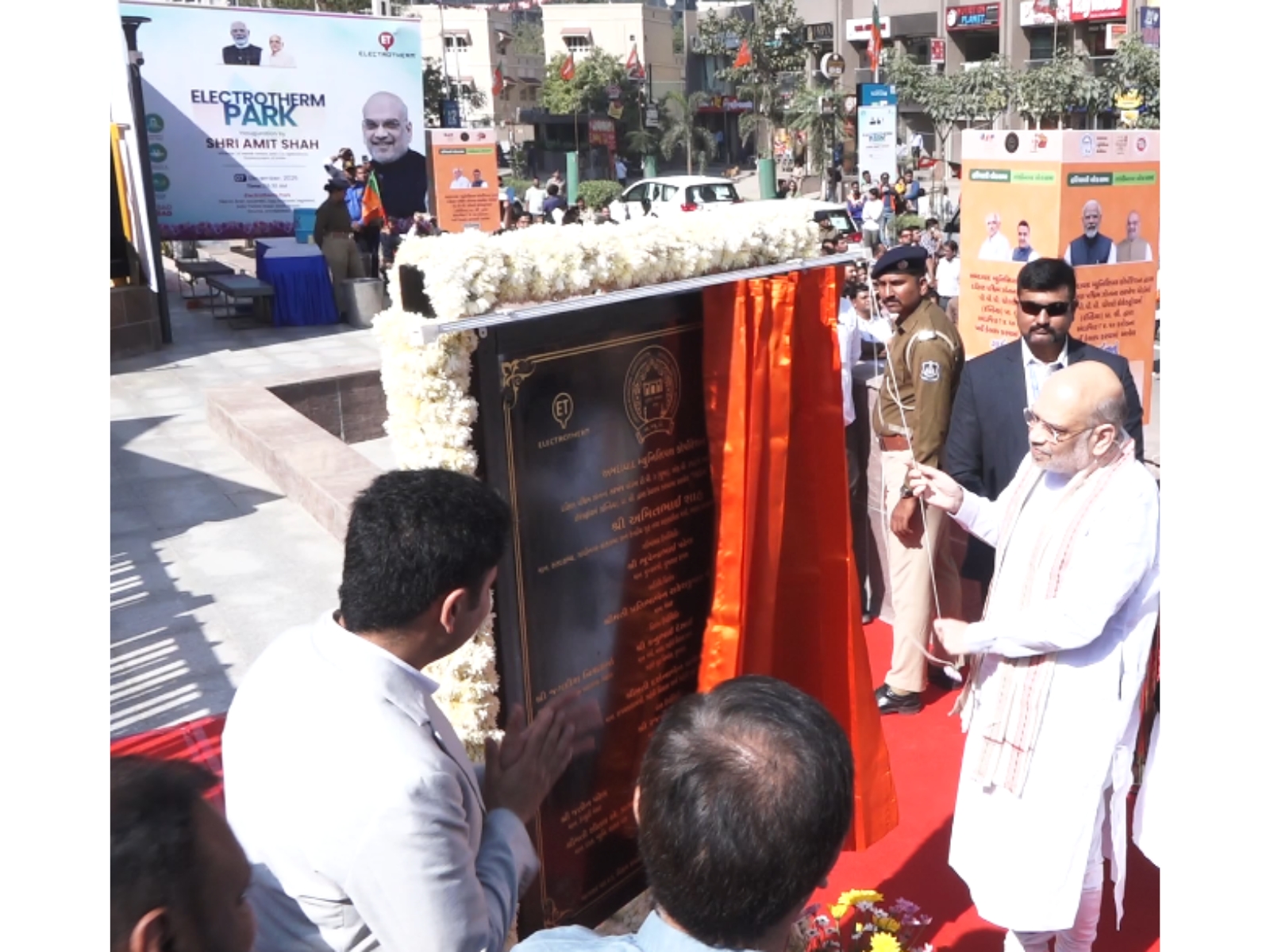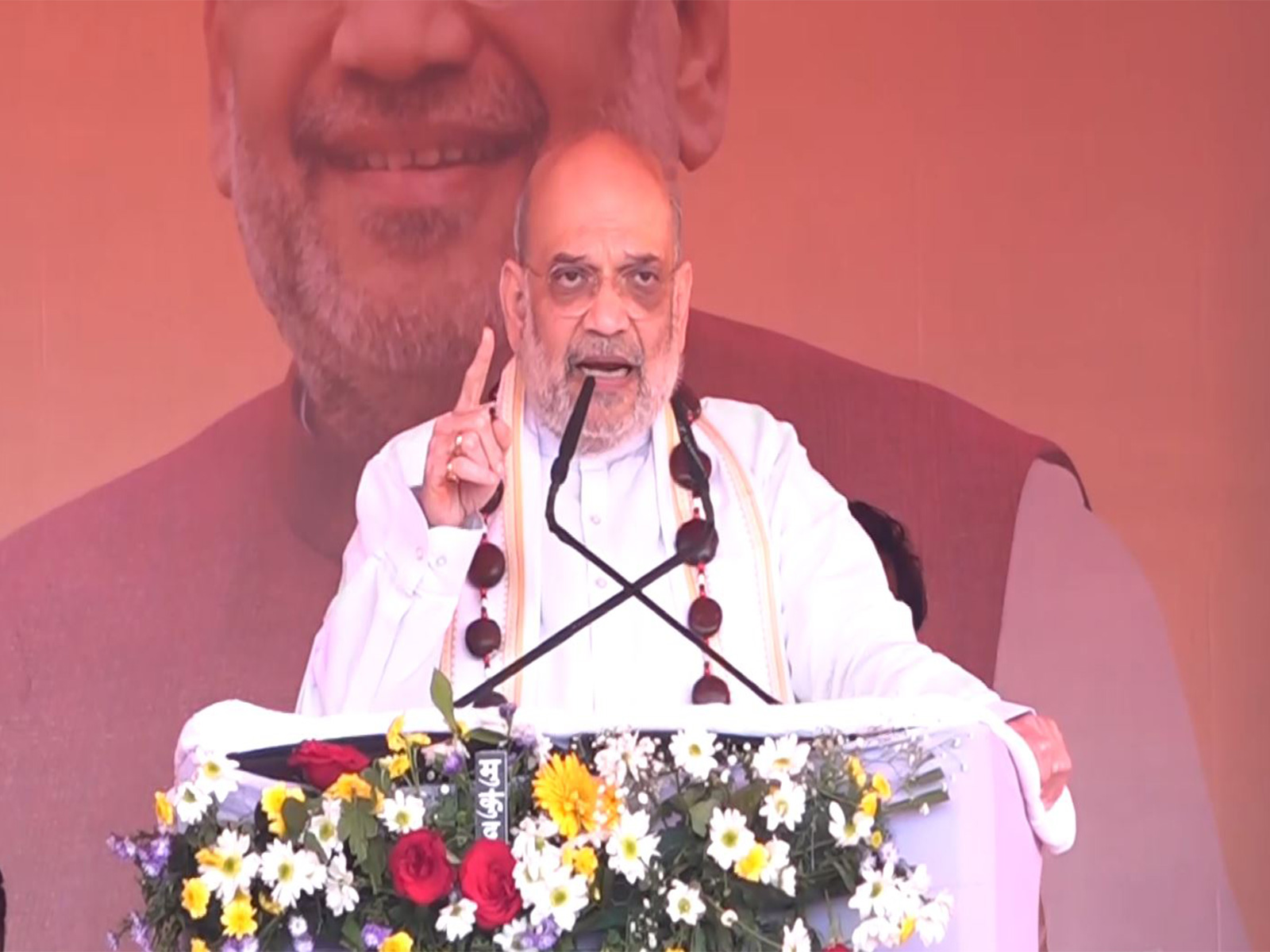GCC offers Up to 20 pc higher salaries than IT services, driven by AI, ML, and cybersecurity investments: TeamLease Digital report
Aug 27, 2024

New Delhi [India], August 27 : Global Capability Centers (GCCs) are offering up to 20 per cent higher salaries than traditional IT services, driven by investments in Artificial Intelligence (AI), Machine Learning (ML), and cybersecurity, according to TeamLease Digital's latest report 'Digital Skills & Salary Primer for FY 2025'.
India, currently hosting over 1,600 GCCs employing 1.66 million professionals, is projected to welcome 800 new GCCs in the next 5-6 years, further cementing the country's role as a global tech hub.
A trend identified in the report is the rise of GCCs in tier-II cities like Kolkata, Ahmedabad, and Vadodara, signalling a geographical diversification of tech opportunities across the country.
In the IT Products & Services sector, cloud investment is set to grow by 25-30 per cent over the next five years. This sector is expected to contribute 8 per cent to India's GDP by 2026 and create 14 million jobs, underscoring its economic impact.
Over 70 per cent of companies in Telecom, Media and Entertainment, BFSI, and Energy and Utilities sectors are dedicating more than 20 per cent of their technology budgets to digital advancements. As these sectors increasingly integrate technology into their operations, the tech talent pool is expected to expand at a CAGR of 7.86 per cent, growing from 7.65 lakh in FY22 to 11.15 lakh by FY27.
For instance, AI/ML Engineer roles in GCCs start at Rs 8.2 LPA and can reach Rs 43 LPA for senior positions. In IT Products & Services, Big Data Developers command salaries ranging from Rs 9.7 LPA to Rs 20.7 LPA. Meanwhile, in non-tech sectors, SAP ABAP Consultant roles start at Rs 7.2 LPA, rising to Rs 31 LPA with experience.
A comparative multi-city salary analysis included in the report reveals that Product Management and Data Science roles are the highest paying across most cities. Salaries for these roles range from Rs 12.8 LPA to Rs 22.1 LPA for Product Management and from Rs 12.1 LPA to Rs 16.9 LPA for Data Science, depending on the city.
Metro cities like Bengaluru, Gurgaon, Hyderabad, Delhi, Mumbai, and Chennai offer the highest salaries for tech roles, while emerging hubs like Jaipur, Indore, and Coimbatore are still evolving, particularly in areas like Data Science, Product Management, and Data Engineering.
Neeti Sharma, CEO, TeamLease Digital, said, "As we navigate the future, the Indian technology sector is poised for exponential growth, driven by the relentless pursuit of innovation and strategic investments in cutting-edge technologies. The Indian Tech industry is on track to reach USD 350 billion in revenue by 2025, with significant investments in AI, machine learning, and blockchain totalling over USD 9 billion in 2023 alone."
She added, "This surge is fueled by the rise of remote work and digital-first strategies, which have accelerated cloud computing adoption and are expected to propel the cloud market to grow at a CAGR of 22 per cent over the next five years. Emerging technologies like 5G and IoT are set to further redefine India's tech landscape, ensuring that the nation remains at the forefront of global technological advancements."
In addition to salary insights, the report highlights significant growth in salaries across key tech functions, driven by increasing demand for specialized skills. For example, entry-level Data Engineering roles are experiencing a robust 12.07 per cent year-on-year salary increase from FY24 to FY25.
Product Management professionals at the mid-level are seeing a substantial 10.2 per cent rise in compensation, while senior roles in Data Science and DevOps are witnessing nearly 11 per cent growth in salaries over the same period.
The report also addresses the issue of gender representation in the tech workforce. Currently, India has 20.5 lakh women tech professionals, with the percentage of women in GCCs expected to increase from 25 per cent to 35 per cent by 2027.
However, the report reveals a persistent gender pay gap in the tech industry, ranging from 10-17 per cent on average and sometimes reaching 22-30 per cent for roles like Data Analysis.




















